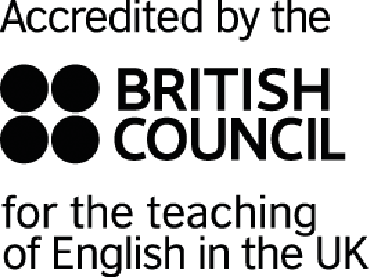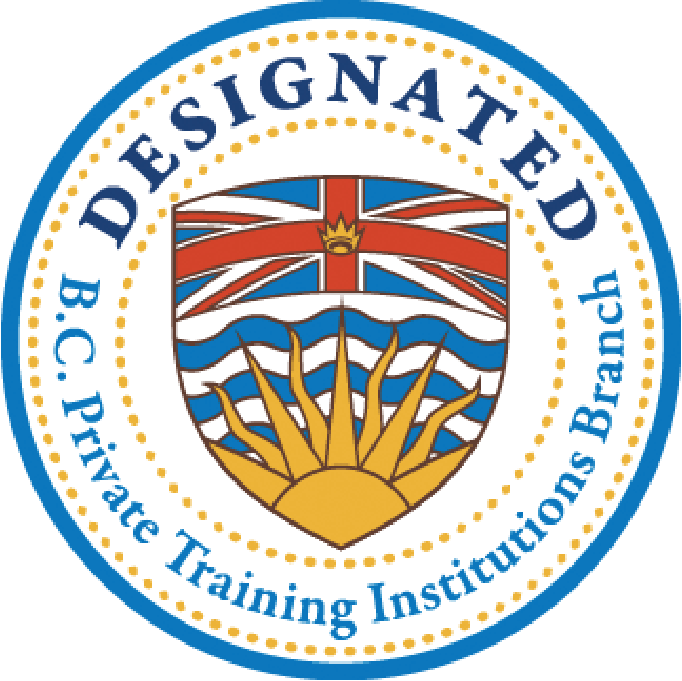Finding the right student accommodation in the UK is not just about price or location. It’s about creating a home where you feel safe, supported and able to thrive during your studies.
Finding the perfect place to call home during your studies is one of the most important decisions you’ll make as a student in the UK. With thousands of international students arriving each year, the accommodation market offers many options – but this can feel overwhelming when you’re trying to choose the right one.
Whether you’re planning to study English in Brighton, Greenwich, Edinburgh, Oxford, selecting the right student accommodation will significantly impact your university experience. Here are 10 essential factors to help you make the best choice for your academic journey.
1. Understand the types of student accommodation in the UK
The UK offers several accommodation options, each with unique benefits:
University halls of residence:
These are properties owned and managed by universities. They’re usually located on or near campus, making them convenient for first-year students.
Private student accommodation:
Purpose-built student housing operated by private companies. These often feature modern amenities and are located throughout the city.
Shared houses:
Renting a house or flat with other students. This option offers more independence and can be more affordable when costs are split.
Homestays:
Living with a local family. This is particularly beneficial for international students wanting to improve their English and experience British culture.
Studio apartments:
Self-contained units with your own kitchen and bathroom. Perfect for students who prefer privacy and independence.
2.Location matters: commute, safety and lifestyle
Your accommodation’s location affects your daily life more than you might realise. Consider these factors:
Distance to campus:
How long will your daily commute take? Factor in walking time, public transport, and weather conditions.
Transport links:
Is your accommodation well-connected to buses, trains, or the underground?
Safety:
Research the area’s safety record and lighting conditions for evening walks.
Local amenities:
Are there shops, restaurants, banks and healthcare facilities nearby?
Social opportunities:
Living near other students can enhance your social programme and help you make friends.
3.Budget and affordability
Understanding the full cost of accommodation helps you manage your finances effectively. Based on the National Student Accommodation Survey 2025, the average cost was £563 per month across the UK:
| Region | Average Monthly Cost (£) |
|---|---|
| London | £812 |
| Scotland | £663 |
| West Midlands | £466 |
| Wales | £473 |
| North West England | £486 |
Source: Save the Student National Accommodation Survey 2025
Remember to budget for:
- Rent and bills (electricity, gas, water, internet)
- Council tax (though full-time students are usually exempt)
- Contents insurance
- Deposit (usually 4-6 weeks’ rent)
4.Lease terms and contracts
Understanding your rental agreement protects you legally and financially:
Contract length:
Most student contracts run for the academic year (39-44 weeks) or the full year (52 weeks).
Break clauses:
Can you leave early if circumstances change?
Rent payment schedule:
Monthly, termly or annual payments?
Deposit protection:
Ensure your deposit is protected in a government-approved scheme.
Maintenance responsibilities:
Who handles repairs and upkeep?
Always read contracts carefully and ask questions if anything is unclear.
5.Room types and facilities
Different room types offer varying levels of privacy and cost:
En-suite rooms:
Your own bedroom and bathroom, with shared kitchen and living areas.
Standard rooms:
Bedroom only, with shared bathroom, kitchen and living spaces.
Studio apartments:
Self-contained units with bedroom, bathroom and kitchenette.
One-bedroom flats:
Separate bedroom and living area with your own kitchen and bathroom.
Consider your personal preferences for privacy, social interaction and cooking arrangements.
6.Student accommodation amenities students value
Modern student accommodation often includes valuable amenities:
High-speed Wi-Fi:
Essential for online learning and staying connected with family.
Laundry facilities:
On-site washing machines and dryers save time and money.
Study spaces:
Quiet areas for concentrated studying outside your room.
Common areas:
Social spaces to meet other students and relax.
Security features:
CCTV, secure entry systems and on-site staff.
Gym facilities:
Some accommodations include fitness centres.
Bike storage:
Secure storage for bicycles, popular student transport.
7.Legal requirements and safety standard
UK student accommodation must meet strict safety standards:
Fire safety:
Proper fire exits, alarms and extinguishers are mandatory.
Gas safety:
Annual gas safety certificates for all appliances.
Electrical safety:
Regular electrical safety inspections.
HMO licensing:
Houses with multiple occupants need proper licensing.
Deposit protection:
Landlords must protect deposits in approved schemes.
Always verify these certifications before signing any agreement.
8.International student support
As an international student, look for accommodation providers that offer:
24/7 support:
Staff available around the clock for emergencies.
Airport transfers:
Some providers offer pickup services for new arrivals.
Orientation programmes:
Help for settling into UK life and university.
Multilingual support:
Staff who speak your native language.
Banking assistance:
Help opening UK bank accounts.
Enhance Your English Skills with Oxford International
Learn MoreVisa support:
Guidance on accommodation requirements for visa applications.
9.Flatmates and community
Your living companions significantly impact your university experience:
Compatibility:
Consider lifestyle preferences, study habits and cleanliness standards.
International mix:
Living with students from different countries enriches your experience.
University year:
First-year students often prefer other newcomers, while returning students may want quieter environments.
Course compatibility:
Some students prefer flatmates from similar academic backgrounds.
Many accommodation providers offer roommate matching services to help find compatible living companions.
10.Book early and choose trusted platforms
The best accommodations fill up quickly, so start your search early:
Timeline:
Begin searching 4-6 months before your course starts.
Peak periods:
Popular cities like London, Oxford and Manchester have high demand.
Trusted sources:
Use reputable platforms and accommodation providers.
University services:
Check if your university offers accommodation support.
Visit virtually:
Many providers offer virtual tours for international students.
FAQs on student accommodation in the UK
Q. What is the average cost of student accommodation in the UK?
A. The cost of UK student accommodation ranges from £400 to £800 per month, depending on the city and type of housing. London is the most expensive, while smaller towns are more affordable.
Q. How do I choose between university halls and private accommodation?
A. University halls are convenient and social, making them ideal for first-year students. Private accommodation often offers more independence, choice of location and modern amenities.
Q. When should I book student accommodation in the UK?
A. It is best to start looking at least four to six months before your course begins. Popular cities like London, Oxford and Manchester fill up quickly.
Q. What are the legal requirements for student accommodation in the UK?
A. Landlords and providers must comply with fire and gas safety regulations, deposit protection schemes and provide proper tenancy agreements. Always check certifications before signing.
Q. Do international students get special support in student housing?
A. Yes, many providers offer 24/7 support, airport transfers and orientation services to help international students settle in more comfortably.
Q. Can I change accommodation if I’m not happy?
A. This depends on your contract terms. Some agreements include break clauses, while others require you to stay for the full term. Always check your contract before signing.
Q. Is content insurance necessary for student accommodation?
A. While not legally required, contents insurance protects your personal belongings against theft, damage or loss. Many providers offer student-specific insurance packages.
Making the big move
Finding the right student accommodation in the UK is not just about price or location. It’s about creating a home where you feel safe, supported and able to thrive during your studies. By considering these 10 key factors, along with the FAQs above, you can confidently choose the best housing for your academic journey.
At Oxford International, we provide safe, secure and welcoming accommodation options designed to give you the independence to explore whilst feeling supported. Whether you choose:
- Homestay – Live with friendly, welcoming hosts and immerse yourself in English language and local culture
- Residences – Enjoy independent living in comfortable facilities with excellent amenities and easy access to our schools
- Student housing – Share accommodation with other students, giving you your own space whilst meeting new people outside the classroom
We work with trusted and experienced providers offering accommodation in line with British Council and English UK guidelines. To learn more about our accommodation options, visit our Student Accommodation Guide and start planning your stay in the UK today.
Ready to start your UK study journey? Find the perfect home for your studies with Oxford International.
Whether for daily communication or professional growth, we have the right course for you. Discover our programmes now.
Published on – 23rd October 2025

The Oxford International English Schools Team
The OI English Schools Team brings together experienced educators, academic leaders, global learning specialists, and marketing team specialists dedicated to helping students achieve language excellence across our 9 global English Schools in the UK, Canada, the USA, and Australia. With over 34 years of English language education expertise, supporting 317,000+ students worldwide, our mission is to help students learn English with confidence through innovative, real-world learning experiences and cultural immersion that empower our learners to achieve their dreams.























